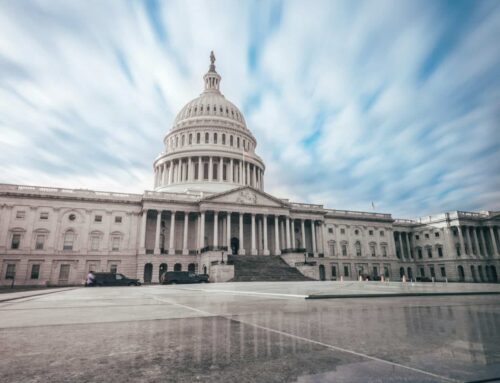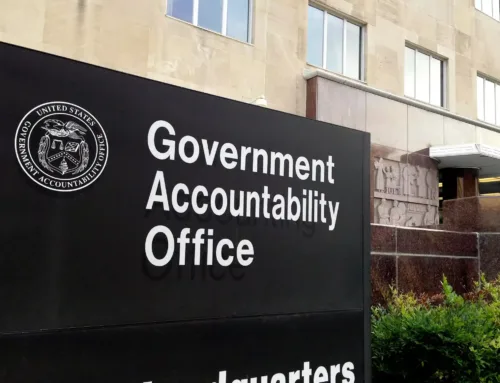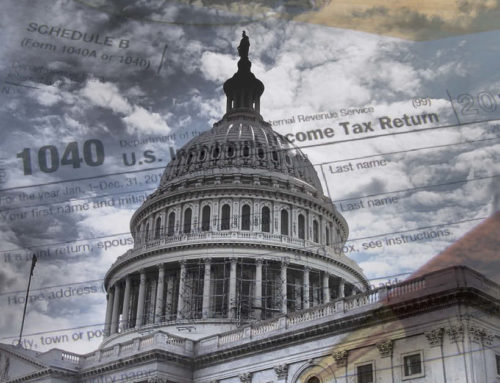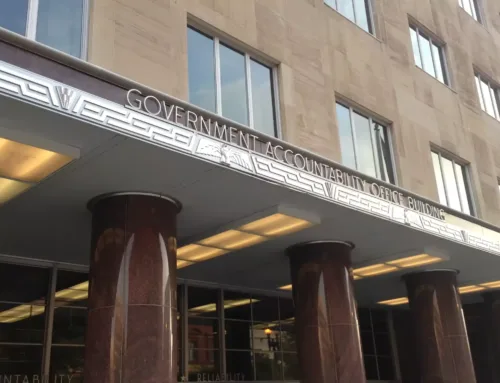It’s been quite a whirlwind the last couple days. On Wednesday, the House Appropriations Committee Chairman David Obey (D-WI) announced a ban on all for-profit earmarks. Senate appropriators rebuffed that approach. Then today the House Republican conference adopted a one year moratorium on earmark requests. We don’t know where House Democrats or the Senate stand on that right now.
But one thing is for sure—the deluge of earmark request letters that were going to descend on the Appropriations Committee will be down to a medium size stream. By our analysis, in FY10 there were 1,208 earmarks worth $1.0 billion that were solely sponsored by House Republicans. There will be some overlap between House Republican and Democratic earmarks, but when you consider the 1,000 for-profit earmarks worth $1.7 billion that the House Appropriations Committee estimates would not have been approved for 2010 if this rule was in effect, that’s a pretty substantial whack.
In addition, the Republican ban appears to apply to tax, tariff, and authorization earmarks. That means no miscellaneous tariff reprieves, no defense or highway or water project authorization requests. It's pretty sweeping.
Both the ban on for-profit earmarks and the moratorium are significant steps in the direction of major earmark reform. It is unclear how the House Democrats will respond to the move by the House Republicans. But key Senators, like Appropriations Chairman Inouye (D-HI), are already on the record saying that the ban on for-profit earmarks is bad, so it’s hard to see them warming to the moratorium. If the Senate ignores common sense and real reform, the President needs to step in, use his bully pulpit and wave the veto pen at bills larded up with earmarks.
But regardless, the earmark moratorium is not an end as much a means to an end. You enact a moratorium to clear your head and chart a way forward. Lawmakers should take time to develop merit-based, competitive or formula systems for awarding project funding. Taxpayers want to be sure that their money is going to the most important projects meeting the most critical needs in our country, not just to the most politically powerful members and aligned special interests.
Here’s a link to our Fiscal Year 2010 earmark analysis, our suggested reforms are at the end. I guess a little editing is in order. We can scratch a few items off our reform to do list, but there’s much more to be done.










